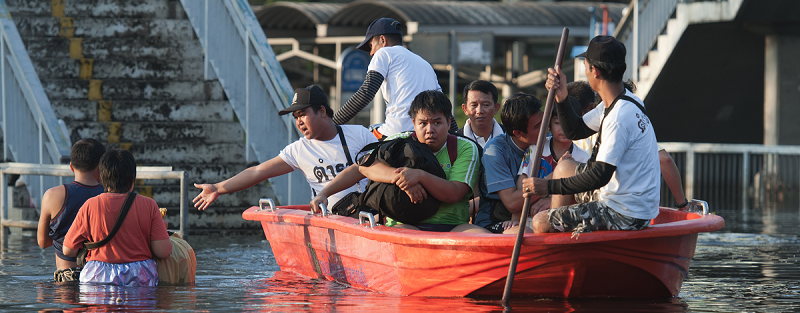
Where do climate migrants go?
As climate change renders populated areas uninhabitable, what does justice look like for those who must relocate? A forthcoming collection of papers in the journal Regional Environmental Change will address
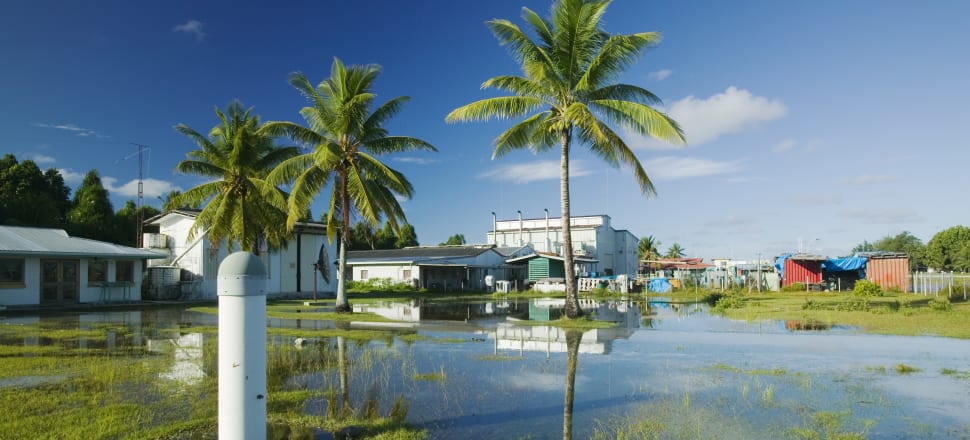
No climate justice without migration justice
Small Pacific Island nations like Tuvalu have been feeling severe impacts of climate change and will eventually become uninhabitable – despite all small island developing countries in the Pacific combined
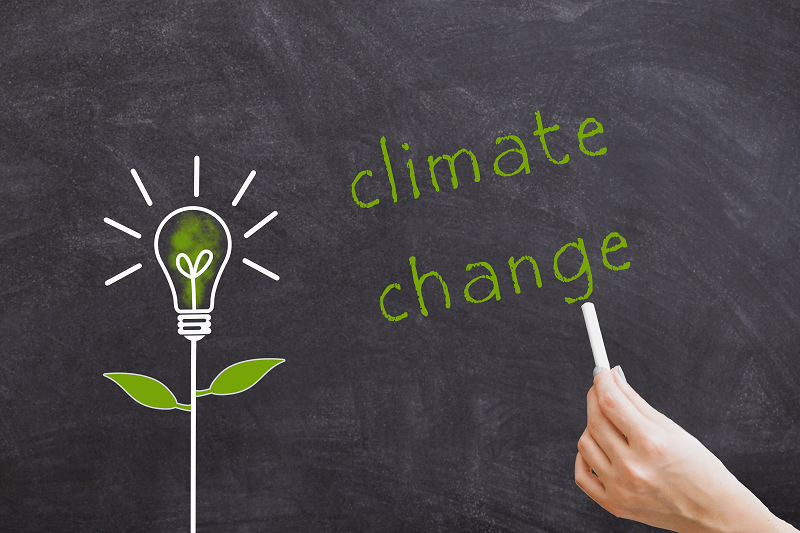
Toolkit aims to prep educators to address climate crisis
SUMMARY A multimedia set of resources called “Education in a Warming World” aims to help educators effectively address the climate crisis in undergraduate courses. The project includes short videos, a

Replay: ECR Virtual Networking Workshop Sessions on SDGs 5, 8 and 15
WUN recently held three networking workshops in its special series for early career researcher (ECR) entitled “Developing the next generation of research leaders for sustainable development.” This initiative is intended

Mobilising around mobility: unique WUN collaboration to study wellbeing and sustainable transport
How do individuals weigh up the options of different modes of transport? Do they value speed, accessibility, cleanliness, health, or cost when choosing how to get around? What choices are available and how might this change? Funded by a 2020 Research Development Fund grant, this new WUN Interdisciplinary Research Group brings the power of five key institutes to the challenges—and benefits—of promoting greater use of sustainable forms of mobility, with their associated outcomes for health and wellbeing. Click through for the full story.

WUN special program for early career researchers off to successful start with focus on SDGs 4 and 13
WUN recently held the first set networking workshops as part of its special program for early career researcher (ECR) entitled “Developing the next generation of research leaders for sustainable development.” The first two, of which there will be 17 in total, focused on SDG 13: Climate Action, and SDG 4: Quality Education, respectively. Click through for a summary and videos of the keynote talks.

Cheap, consistent, clean? Changing the models for sustainable electricity access
In Ghana, the term “dumsor” (literally meaning “off-on”) is a term that was born to describe the periods of electricity blackouts in 2015 when the country experienced persistent and intermittent power outages. Though access to electricity is widespread, communities in different regions confront challenges of reliability, cost, and safety.
Click through to read about how the WUN-funded research group SEN-Africa is working on new models that incorporate the range of stakeholder priorities.

CUHK Study Suggests Hot Nights Pose Greater Threat to Public Health
A study done by the Institute of Future Cities at CUHK reveals that hot nights pose greater threat to public health than hot days and better urban planning and building design are needed to mitigate the impact.
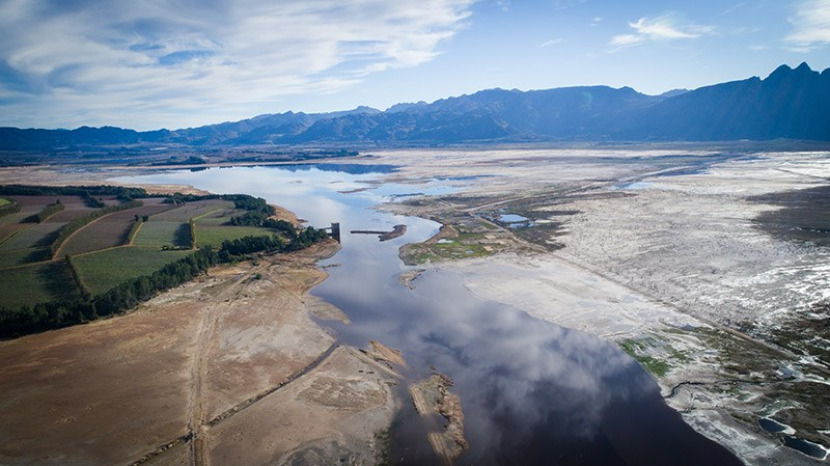
African landscapes facing climate change: using an integrated approach to mitigate impacts
Through transdisciplinary research the WUN Interdisciplinary Research Group on Climate Resilient African Landscapes is building insights into how different stakeholders use and shape the places they share. The group has established practitioner partnerships and is capitalising on regional and global academic networks.
Click to read more about the approach they are taking as their work continues.
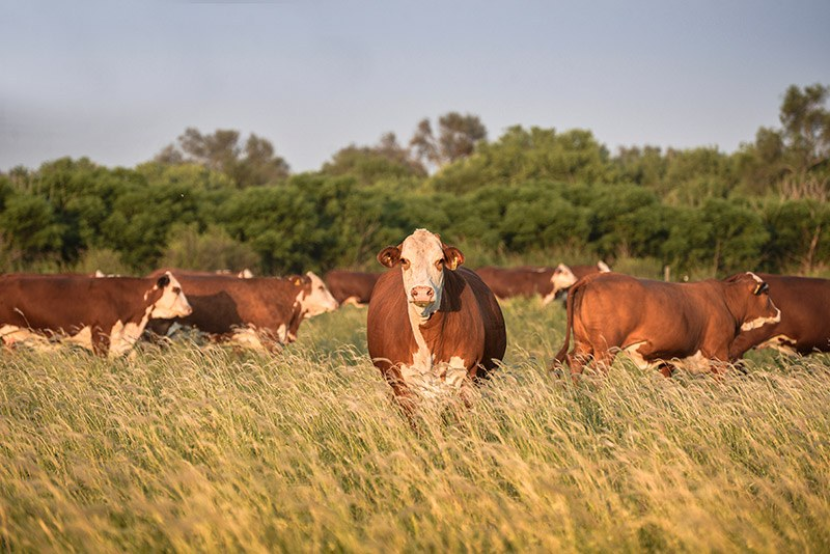
Climate and shock: resilience in food production systems after COVID-19
As the coronavirus pandemic spreads, interruptions to public services and the imposition of social distancing have had major impacts on global agriculture and food supply. Professor Mark Eisler of the WUN supported Global Farm Platform discusses likely impacts of the crisis and the potential for rebuilding systems in more environmentally and economically sustainable way.
Click through to read more.
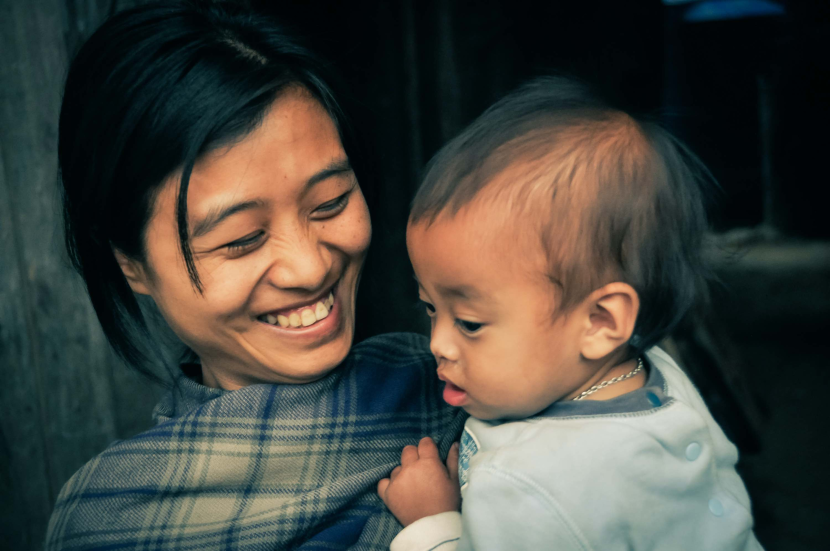
Trauma, climate change, and maternal health: increasing impacts, trans-generational effects
Stressors and traumas such as violence and abuse, the effects of poverty, and the experience of emergencies or disasters have a major impact on the health of pregnant women and their children.
As the impact of climate change multiplies the threats, understanding why and how we can make effective and early interventions is paramount.
Click through to read the full story.
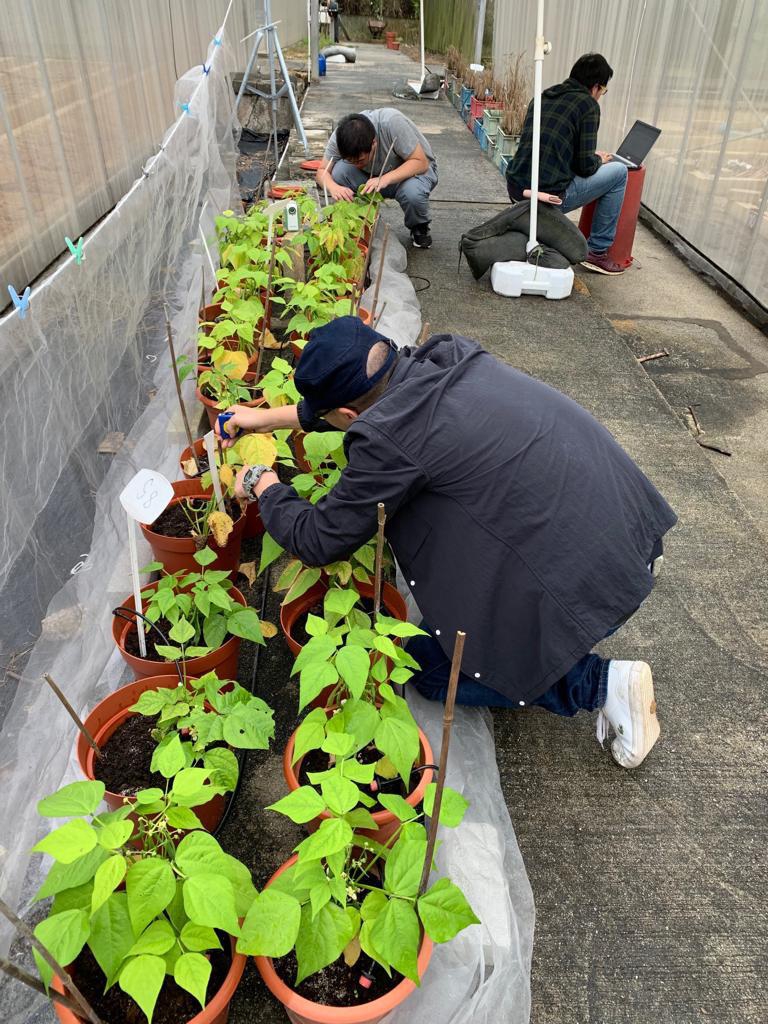
CUHK Proves & Visualises the Harmful Effect of Ozone Damage on Plants
CUHK Proves and Visualises the Harmful Effect of Ozone Damage on PlantsFirst Plant-based Measurement of Ozone in South China Region A research team led by Prof. Amos Tai, Associate Professor of

CUHK Launches the “Class Acts” Online Talk Series
To encourage ongoing learning at home and self-improvement by acquiring knowledge in various areas during the pandemic, The Chinese University of Hong Kong (CUHK) hosts the “Class Acts” CUHK Online
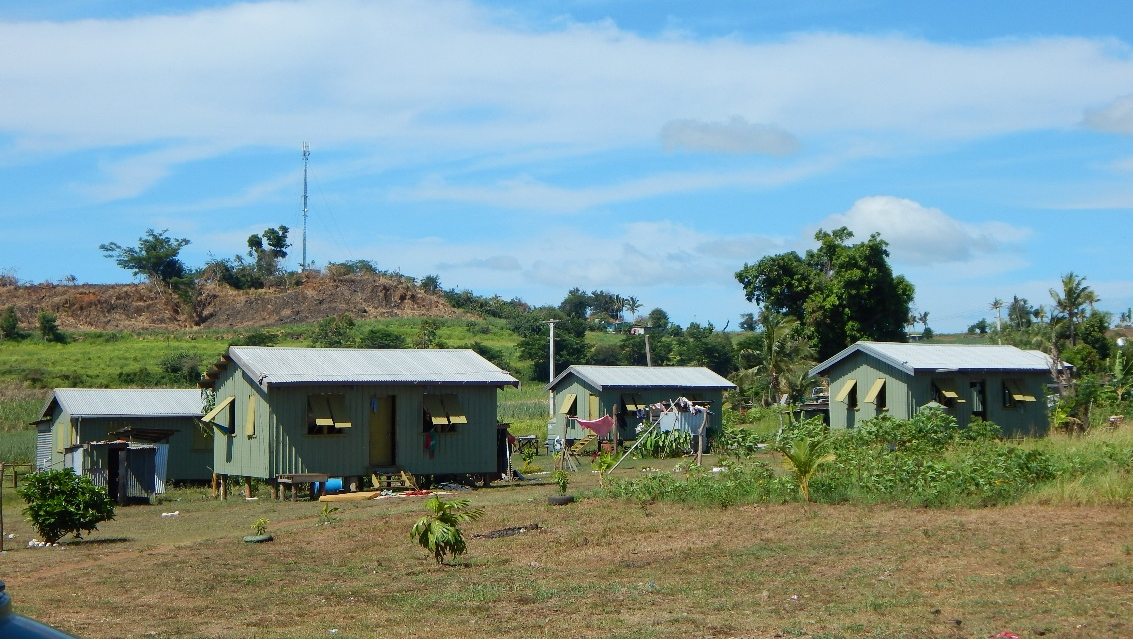
New consortium to bring interdisciplinary insights on climate-induced migration
While disasters and environmental factors have always been important drivers of migration, even more people are expected to move as they face the projected impacts of climate change, including more extreme weather events, changes in water quality and availability, and interactions with conflict.
A recent ruling of the UN Human Rights Committee, which stated that people cannot be sent back to countries where climate change impacts place them in immediate danger, was treated by many commentators as a landmark protection for environmental migrants. As Professor Andreas Neef (University of Auckland) explains in this feature, the reality is more complex. Recipient of a 2020 WUN Research Development Fund award, a WUN member consortium will advance interdisciplinary research into climate-induced migration. It aims to help improve policies through a better understanding of the complex drivers of migration and displacement associated with climatic changes. Click through for the full story.
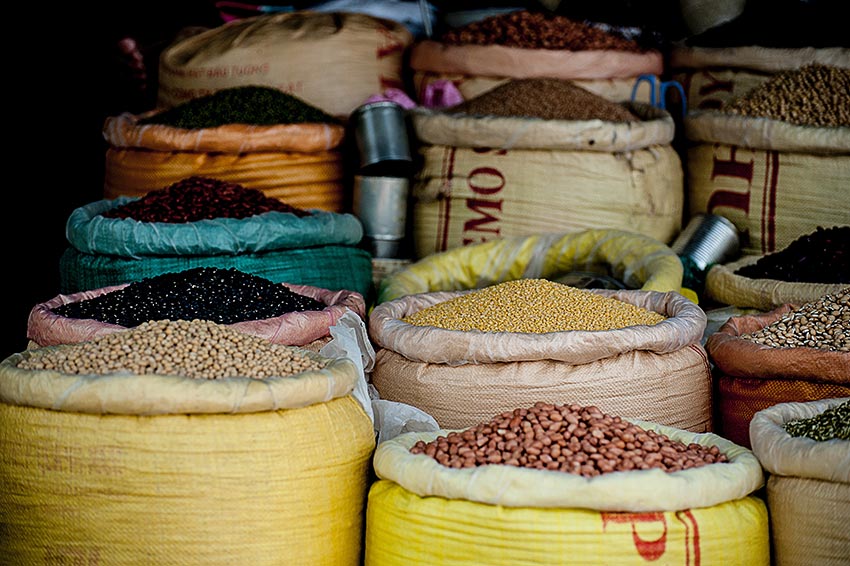
WUN’s legume research – a lynchpin to global food security
WUN’s Legume Network is building a global reputation for research excellence – paving the way for pulses to be embraced as crucial allies in the fight against climate change, hunger, obesity and other threats to world health.
In 2018, the network was awarded a sustainability grant from WUN to bolster its efforts to secure large-scale, transnational funding to establish a centre of excellence and associated nodes of research. “Large-scale funding will ensure we tackle major challenges in legume biology as a unified world-leading academic community of excellence, driving WUN bioscience forward in this key area,” says PI Associate Professor Michael Considine (UWA).
WUN’s Legumes Network comprises dozens of leading scientists across 12 institutions from five continents. Since its launch in 2015, the number of papers published relating to legumes and climate change has tripled from under 20 to more than 60 per annum – many connected directly to the network. (Click through to full story.)
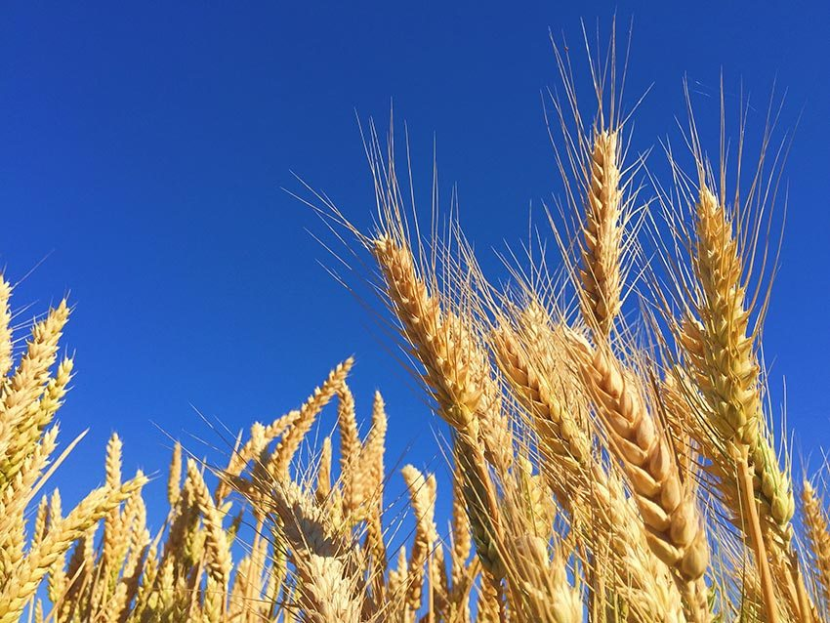
CROP-FS tackles gritty issues of global food security
The WUN-sponsored project Crop-FS (Climate-resilient open partnership for food security) is a consortium of 24 highly reputed international researchers engaged in conducting cutting-edge research to develop climate-resilient crops, microbial communities, and soil amendments for improving crop productivity under extreme environments.
PI Prof Om Parkash (UMass Amherst) explains that since its launch in 2016, the consortium has grown exponentially with more than 14 universities and institutions across five continents now involved. (Click through for full story)
